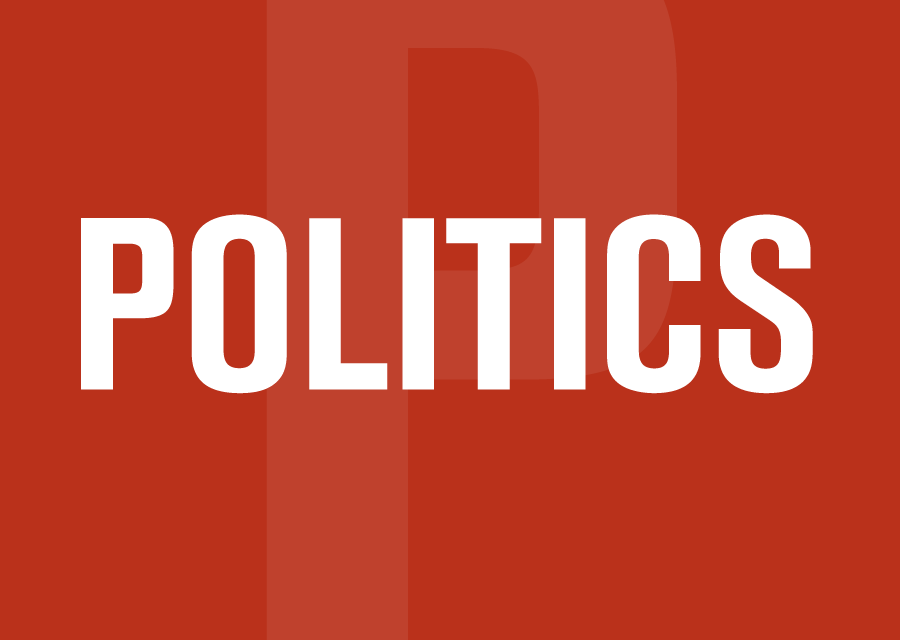For a brief but far from shining moment this past week, Canadians with disabilities were in the political spotlight in Ottawa. At issue was the wrangling about a modest gesture by the Liberal government to recognize the toll the COVID-19 pandemic has taken on disabled people.
The proposal is to send a one-time payment of up to $600 to about one million Canadians eligible for the disability tax credit. Within that group, seniors would get only $100 to $300, presumably because they’re already benefitting from a pension top-up announced several weeks ago. At most, the initiative would cost half a billion dollars, a mere pebble in the rockslide of federal pandemic-response cash.
Relatively small potatoes or not, the Liberals decided the benefit needed parliamentary approval. So they bundled the enabling legislation with other measures that would fine or imprison people who made fraudulent claims under the Canada Emergency Response Benefit (CERB). Then they asked the pandemic-depleted House of Commons to vote on the package at last Wednesday’s weekly sitting.
Pushing the legislation through in a single day required consent of all parties, something that was not forthcoming. The Conservatives wanted more time to debate the bill, part of their campaign to resume normal Parliamentary proceedings. The Bloc wanted concessions in other areas and the NDP were opposed to the CERB crackdown. A Liberal-NDP effort to proceed separately with the disability benefits portion of the legislation also failed and the House rose after a 12-minute session.
The deadlock set the stage for some unseemly partisan bickering. During an Ottawa-area photo-op on Thursday, Justin Trudeau denounced the Conservatives for delaying benefits for disabled people. “The Conservatives’ choice to put politics ahead of helping people will have caused extra hardship for Canadians.” Andrew Scheer punted back, saying the problem is “Liberals shamefully saying no to allowing Parliament to deal with that legislation and then disgustingly today trying to play petty politics on the backs of people with disabilities.”
An afterthought?
The politicians will have at least one more crack at the legislation when the House of Commons meets Wednesday for the final scheduled sitting until September. But even if they finally do the right thing, last week’s episode reflects poorly on the government. The political games may provide some talking points to use against the opposition, but the Liberals can’t hide the fact that, as the Council of Canadians with Disabilities (CCD) stated in a release: “Canadians with disabilities have been and are being treated as an afterthought.”
That the benefit is being introduced at the last minute, three months into the pandemic is evidence of the virtue-signalling Liberals just ticking off a box. And as the CCD puts it, combining the gesture with the “unrelated fraudulent and punitive” CERB anti-fraud provisions is “further distressing.”
There is also the question of adequacy. As Jagmeet Singh has pointed out, because it is limited to those who have been able to qualify for the disability tax credit, at least 60 per cent of disabled Canadians are left out. And it’s questionable how much real benefit the one-time cash infusion will provide to those who do qualify.
The announcement of the benefit noted that COVID-19 has disproportionately affected Canadians with disabilities. They have faced additional costs of safely getting groceries, medication and other necessities, while “services like disability support workers and therapy may be unavailable because volunteer and subsidized services have declined.” The money will help with added costs of food and medicine, but won’t affect availability of therapy services, support workers and relief for social isolation. These are matters the feds have long been content to leave to provincial governments.
Even in those areas where the federal government has clear responsibility there is a history of foot-dragging. Ironically, on the same day media were reporting on the Ottawa disability deadlock, the CBC’s Yvonne Colbert had a story about the glacier-like pace of Canada Revenue Agency’s (CRA) efforts to limit fees charged by entrepreneurs making a good buck encouraging and helping people apply for the disability tax credit (eligibility for which determines whether you get the pandemic disability benefit).
Legislation passed in 2014 called on CRA to draw up regulations limiting fees, which can apparently range from 15 to 40 per cent of the value of the credit. Colbert reported that a year ago CRA finally got around to public consultations on setting fee maximums, but further action is on hold because of the pandemic. Treating Canadians with disabilities as an afterthought? Sounds about right.
-30-




